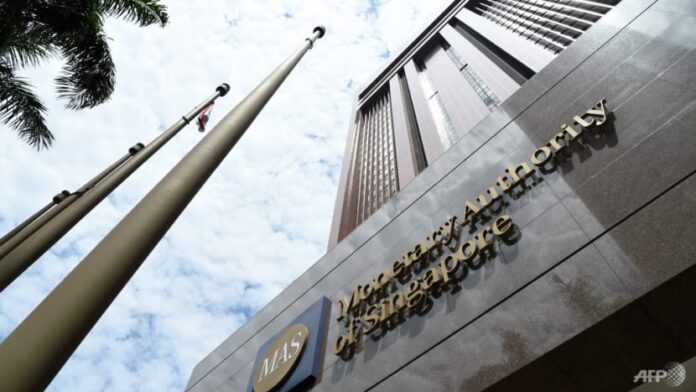Singapore: Finance Minister Lawrence Wong told parliament on Wednesday (November 3) that the large-scale leak of financial records known as Pandora Documents did not raise “significant concerns” about money laundering and terrorist financing by Singapore’s financial institutions.
According to reports, after the Singapore company Asiaciti Trust was named in the leaked documents, he was answering questions from two MPs on whether the Monetary Authority of Singapore (MAS) is investigating the matter.
Documents show that Asiaciti Trust has helped at least 25 politicians set up and manage trusts and shell companies in confidential jurisdictions.
“Based on the MAS assessment and the information available so far, the Pandora document does not raise major concerns about the anti-money laundering and counter-terrorism financing (AML/CFT) control of our financial institutions,” said Mr. Wong.
“Nevertheless, MAS is working with relevant agencies to assess whether there is a need to strengthen controls.”
In addition to Asiacity Trust, the Pandora document also mentions Singapore’s Trident Trust Company.
Both are foreign trust companies with subsidiaries in Singapore. Mr. Wong said that they were licensed and supervised by MAS.
Before the leak, the two companies had been subject to regulatory and law enforcement actions in Singapore.
Asiacity Trust Singapore paid a fine of S$1.1 million for failing to implement AML/CFT policies and procedures in July last year. Trident Trust Company was instructed in September last year to resolve the weaknesses found in its risk assessment control.
The International Federation of Investigative Journalists (ICIJ) first obtained the leaked documents and shared them with 150 media organizations, starting an investigation for nearly two years. The survey results were released on October 3.
Although ICIJ stated that it is not illegal to offshore assets or use shell companies for cross-border business, such transactions are “usually equivalent to transferring profits from high-tax countries to companies that only exist on paper in low-tax jurisdictions.” .
ICIJ reports that 336 celebrities from all over the world have established offshore structures to hold assets and are assisted by 14 service providers operating in at least 38 jurisdictions.
Mr. Wong said that the HKMA takes these disclosures “very seriously”.
He admitted that although there are legitimate reasons for setting up offshore structures, these structures often lack transparency and are therefore vulnerable to abuse by illegal activities.
Therefore, MAS has clear requirements for financial institutions in Singapore to identify and verify the identity of the person who is the beneficial owner or effective controller of its customer account.
Financial institutions must understand the reasons for using such structures, take steps to determine that the assets held in these structures are not illegal, and review any abnormal transactions as part of continuous account monitoring.
“MAS also monitors financial institutions to ensure that their boards and management have strong controls over money laundering and terrorist financing,” added Mr. Wong.
“In violation of AML and CFT requirements, the HKMA has taken strong enforcement actions. In fact, the Singapore-licensed trust companies mentioned in the Pandora document have all been under the supervision or enforcement actions of the HKMA.”
Mr. Wong said that Singapore, as a major financial center, always faces the risk of illegal capital flows, but he emphasized that the government attaches great importance to the integrity of the financial industry.
He added: “It is important that we supervise our financial institutions well and take strong enforcement actions when necessary to minimize this risk.”






